What is a Car Hauler?
A car hauler is a specialized type of semi-trailer designed for transporting vehicles. These trailers are essential in the automotive industry, serving a range of functions from enabling dealership vehicle deliveries to facilitating auto auctions. When considering a car hauler, understanding its various forms, capacities, and operational benefits is vital for both manufacturers and users.
Types of Car Haulers
Car haulers come in different configurations and designs, optimized for specific transport needs. Some of the most common types include:
| Type | Description | Ideal For |
|---|---|---|
| Open Car Haulers | Typically features ramps and is open, allowing for easy loading/unloading of vehicles. | Transporting multiple cars, especially during auctions or dealership deliveries. |
| Enclosed Car Haulers | Offers protection from environmental factors and theft, enclosing vehicles in a secure trailer. | High-value vehicles or antiques needing to be shielded during transit. |
| Single Car Haulers | Capable of transporting one vehicle at a time, often used by individual transporters or auto shops. | Specialized deliveries, luxury, or oversized vehicles. |
| Multi-Car Haulers | Designed to carry multiple vehicles simultaneously, maximizing efficiency for transport companies. | Bulk deliveries, high-volume dealerships. |

Capacity and Weight Considerations
When selecting a car hauler, it’s crucial to consider load capacity and the weight of the vehicles you may transport. Car haulers typically have weight limits ranging from 7,000 lbs to 40,000 lbs based on design and axle configuration. Here’s a breakdown:
- Single Axle Trailers: Generally limited to lower weight capacities, ideally suited for smaller vehicles like sedans and compact SUVs, with a maximum weight of around 7,000 – 10,000 lbs.
- Dual Axle Trailers: These can handle moderate weight, often used for transporting sedans or crossovers, with capacities ranging from 10,000 to 20,000 lbs.
- Triple Axle Trailers: Capable of heavier loads, ideal for transporting trucks and larger SUVs, with capacities extending to over 40,000 lbs.
Benefits of Using a Car Hauler
Using a car hauler to transport vehicles presents a variety of advantages:
Efficiency in Transportation
Car haulers are designed to load and unload quickly. Open car haulers facilitate rapid access while enclosed haulers keep vehicles secure during transit. This efficiency translates into lower transit times and reduced overall transportation costs.
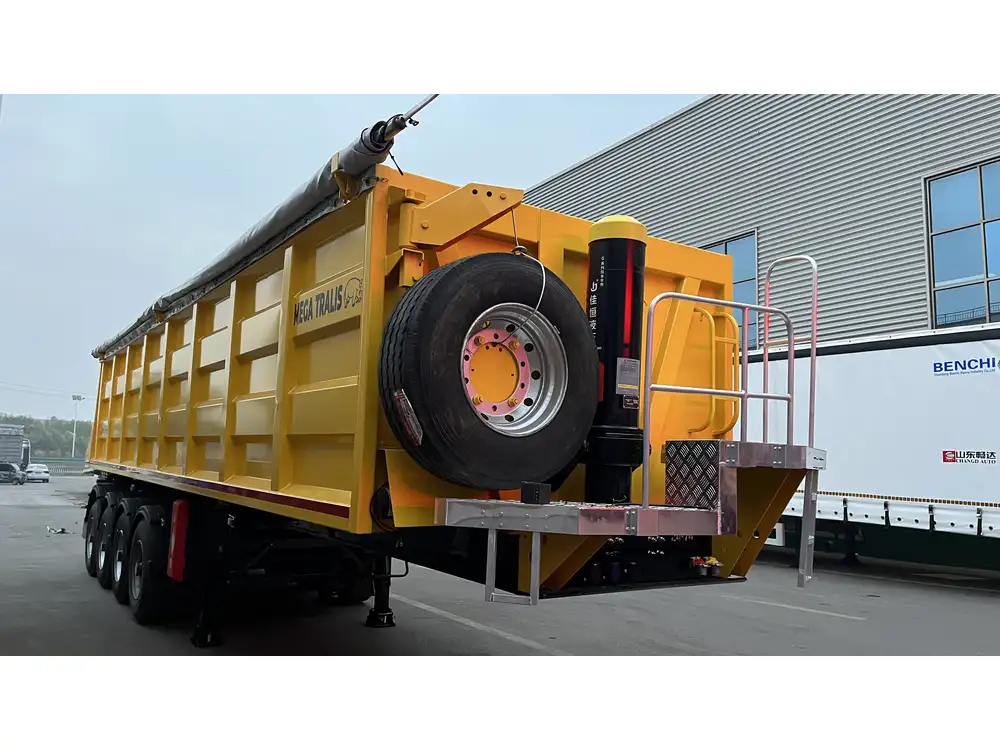
Safety Features
Modern car haulers incorporate advanced safety features including:
- Tie-down Straps: Customizable restraints to secure vehicles during transit.
- Low Load Height: Reduces the risk of accidents during loading and unloading.
- Reflective Markings: Enhances visibility for nighttime transport.
Versatility
Whether you’re working with a fleet of vehicles or transporting a single luxury car, car haulers are adaptable in meeting various needs. This versatility allows businesses to scale operations without investing in multiple transport solutions.
Key Specifications to Consider
When selecting a car hauler, various specifications must be taken into account to ensure optimal performance:
| Specification | Importance |
|---|---|
| Length | Determines how many vehicles can be loaded. |
| Width | Must accommodate the widest vehicles to be transported. |
| Height | Lower heights provide stability and lower loading angles. |
| Material | Steel vs. aluminum options impact weight and strength. |
| Tire Type | Should be suited for distance and road conditions. |
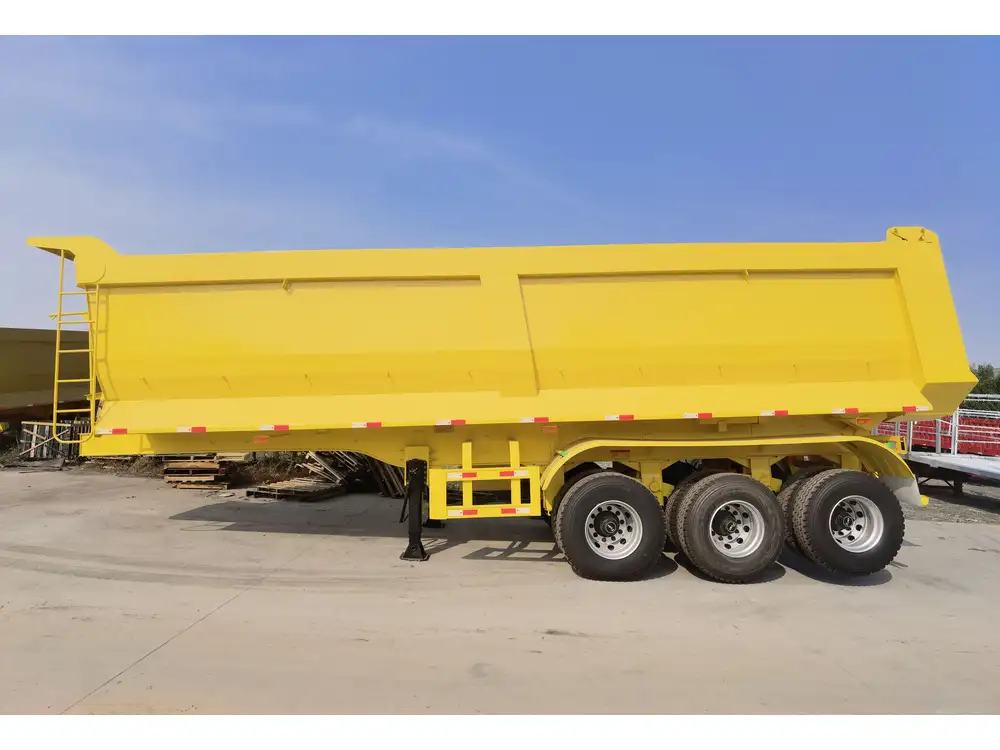
Common Use Cases for Car Haulers
Understanding the primary applications of car haulers can help potential users identify the best options for their needs. Here are some key use cases:
1. Automobile Dealerships
Car haulers are often employed by dealerships to shuttle new vehicles from manufacturers. Efficient scheduling and appropriate loading techniques ensure timely delivery and minimize damage risks.
2. Race Teams
For motorsports, car haulers equipped with protective enclosures are essential for transporting high-performance vehicles while ensuring they remain in pristine condition from one racetrack to the next.
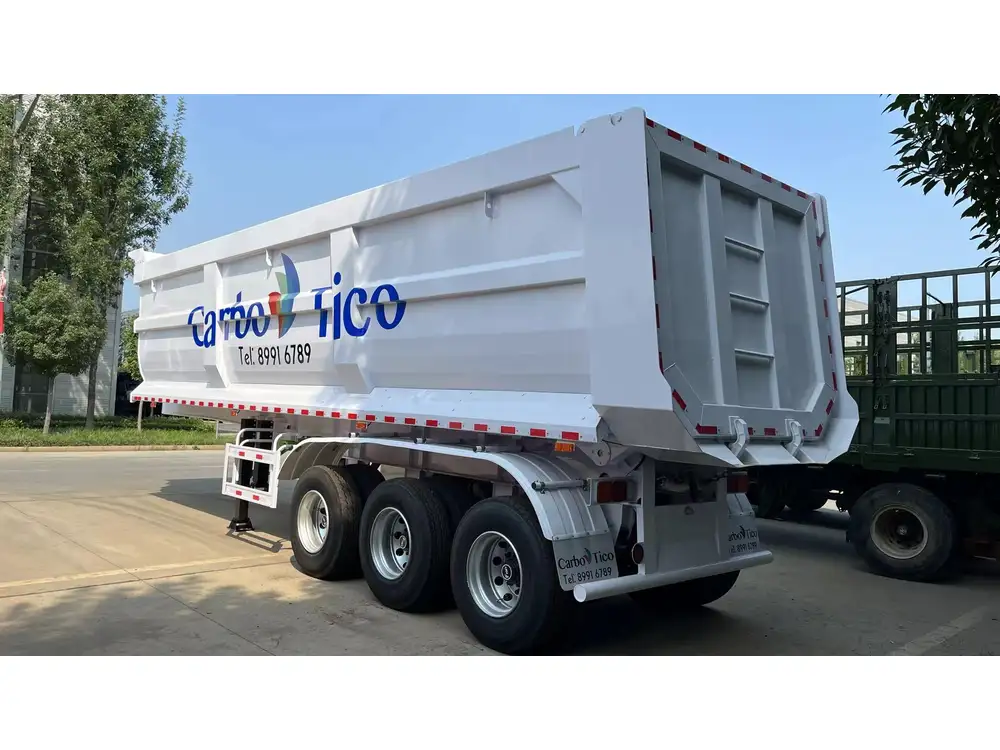
3. Classic Car Enthusiasts
Owners of classic or vintage cars often utilize enclosed car haulers for transportation to shows or events, protecting their investments from weather elements and road debris.
4. Auctions
Car haulers serve as a critical lifeline for auction houses, moving large quantities of vehicles from various locations to auction sites, helping streamline operations and increase sales opportunities.
How to Choose the Right Car Hauler
Choosing the most appropriate car hauler involves detailed scrutiny of several factors:
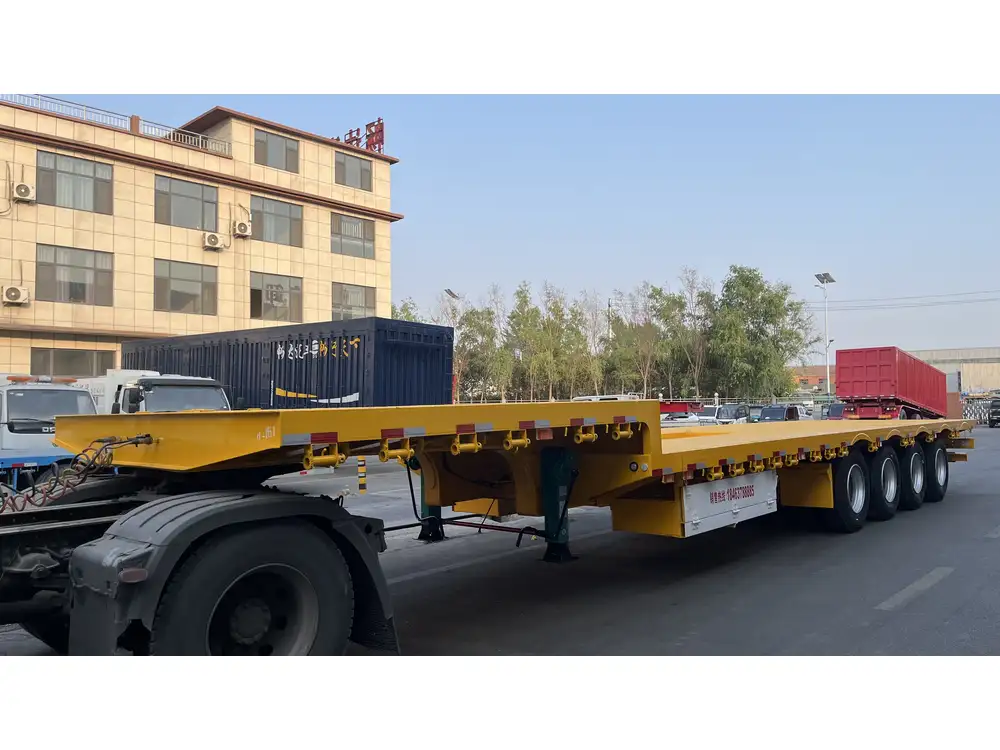
Determine Vehicle Types
Understanding the array of vehicles that will be transported can define the choice of trailer. If primarily moving light cars, an open car hauler may suffice. For heavier SUVs or trucks, an enclosed option may be necessary.
Assess Your Budget
Evaluate the cost of purchasing versus renting a car hauler. For occasional needs, renting may prove advantageous, while frequent operations could justify the investment in a trailer.
Evaluate Load Capacity
Ensure that the trailer’s weight rating aligns with the types of vehicles you plan to transport. Exceeding load limits can result in costly penalties and unsafe situations.

Seek Professional Insights
Consulting with experts or peers in the transport arena can provide invaluable insights into the performance and durability of various car hauler models.
Maintenance Tips for Car Haulers
Owning a car hauler comes with responsibilities, particularly regarding upkeep to prolong its lifespan. Here are some maintenance tips:
Regular Inspections
Conduct frequent inspections of the trailer’s structure, tires, and brakes. A well-maintained hauler significantly reduces the risk of breakdowns during transport.
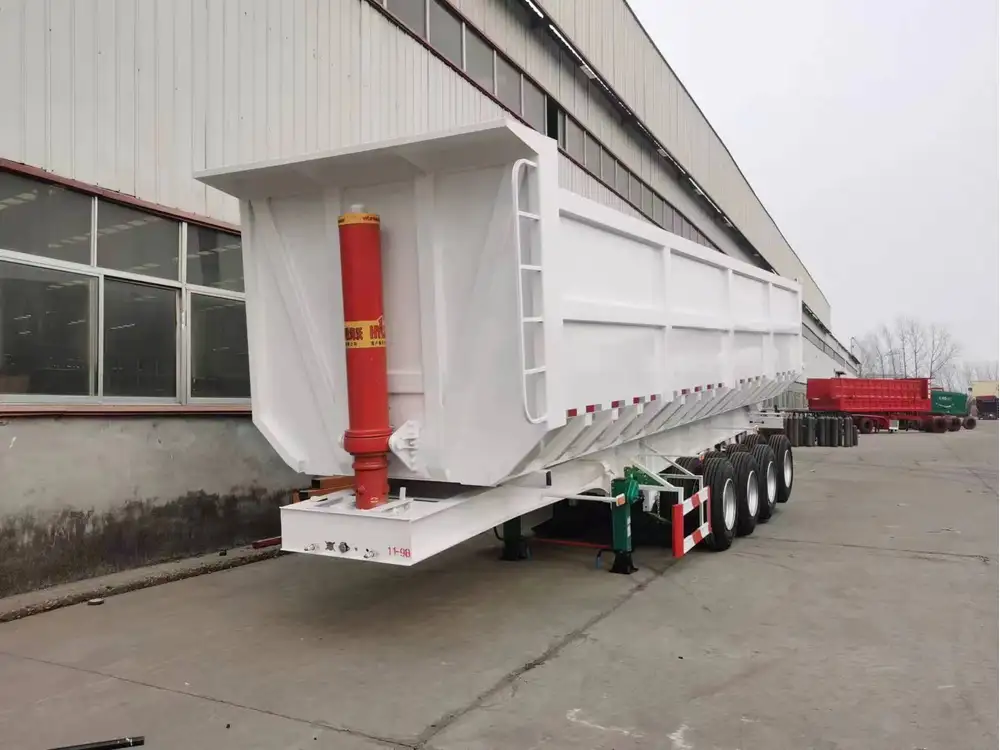
Tire Care
Maintaining appropriate tire pressure and checking for wear is important, especially for heavy-load haulers. Under-inflated tires can lead to accidents or tire blowouts.
Clean the Exterior
Regularly cleaning the trailer prevents rust and corrosion, particularly for steel models. Protective sprays can shield against elements when not in use.
Regulatory Considerations
Transporting vehicles with a car hauler requires adherence to various regulations, which vary by state and country. Understanding weight limits, licensing requirements, and potential permits for oversized loads is crucial to avoid legal issues and fines.
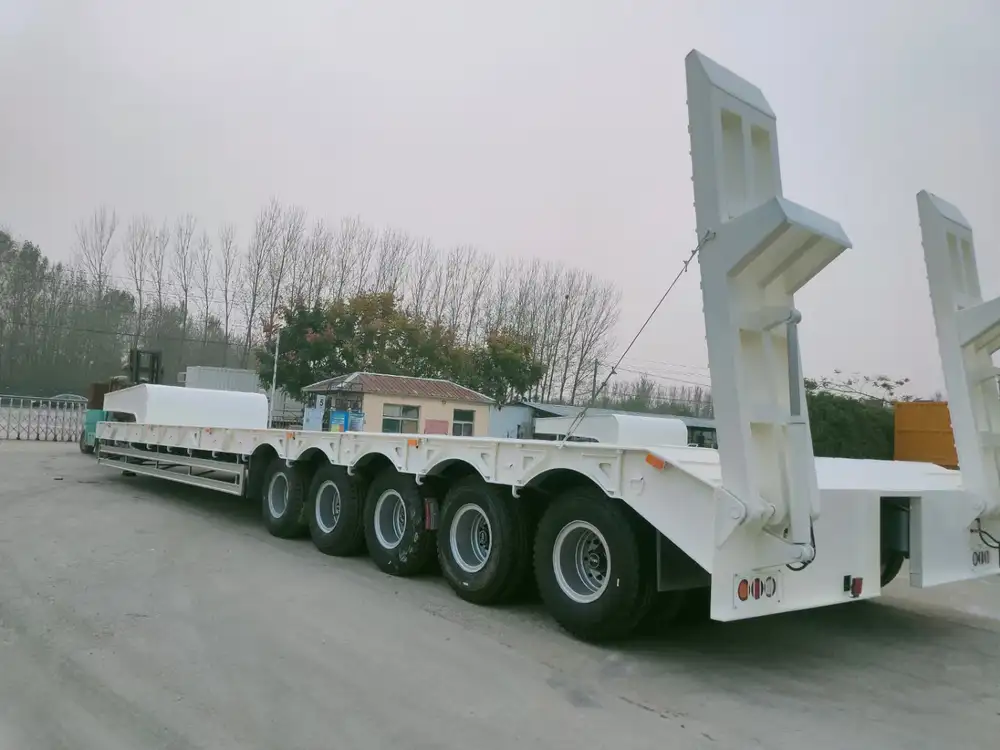
Licensing and Certification
Operators must be aware of necessary commercial driver’s license (CDL) requirements. Some states may demand additional endorsements for driving heavy-haulers or trailers.
Insurance Essentials
Proper insurance is necessary for safeguarding both the vehicles being transported and the car hauler itself in case of mishaps or accidents. Understanding your liability coverage can save significant costs in case of a claim.
Conclusion
Car haulers play a critical role in the modern transportation landscape, offering versatility, efficiency, and safety in vehicle movement. By understanding the various types, use cases, capacities, and maintenance requirements, users can select the most suitable options to meet their specific needs.
As you navigate the world of car hauling, remember that thorough research and careful consideration of your unique requirements will ultimately lead to successful transportation operations.



